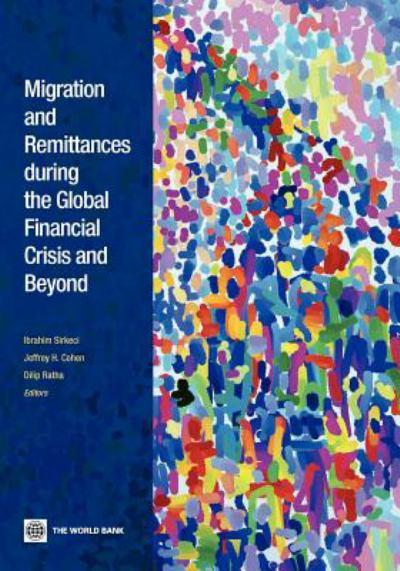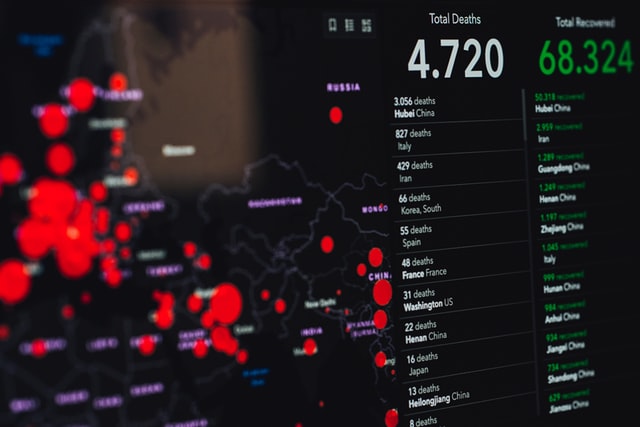
Despite regional variations, overall only a small decline in remittances is registered in 2009 and we have not seen a mass return migration, nor migration stopped. For example, intra-EU flows were down 3% only. The most recent data shows that nearly everywhere remittance figures are increasing rapidly since then.
In certain case studies and tests, it is found that migrants’ income levels and employment levels are key short term determinants of remittances. On the other hand, there is also evidence that migrants, despite difficulties faced in host countries due to the crisis, kept sending remittances home. One explanation for this is that the repercussions of the crisis in countries of origin were harsher than host countries. There is also some altruistic behavior on migrants’ part as they tend to send more remittances when the country of origin faces crises as in the case of remittances sent from Germany to Turkey.
Undocumented remittance flows are thought to be as large as one third of all remittances around the world. This is largely linked to the costs of sending remittances and undocumented migration and migrant work in informal sector. Therefore it is recommended to reduce the costs of sending remittances as well as liberalizing migration regimes around the world. Also important is the universal protection of workers’ rights including migrants, documented and undocumented alike. This may alleviate hostilities promoted by xenophobic discourses.
Migrant women seem to send a larger portion of their earnings to home. At the same time, there is evidence from South Africa that women in recipient households benefit less from those remittances sent compared to their husbands, brothers, and fathers. Empowerment of migrant and non-migrant women may help to correct this imbalance.
The book does not answer all questions posed by remittances and the crisis and it should be noted that a seemingly simple phenomenon, remittances are very complex to understand and explain. There are so many avenues for research to exploit in further studies.
[World Bank, Washington, DC., USA – 10 July 2012]



